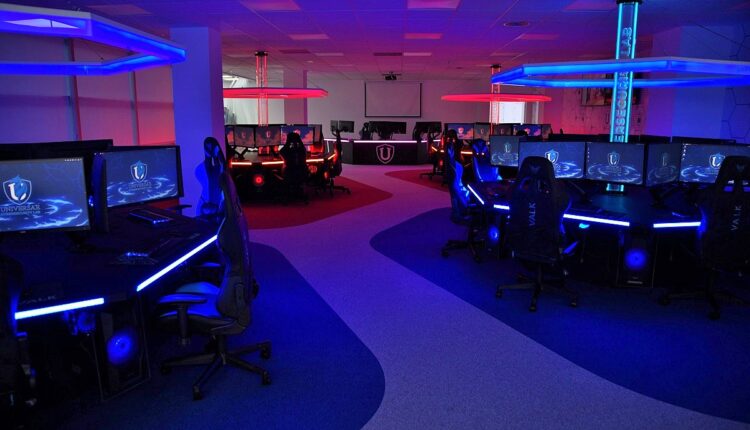Spain inaugurates the largest cybersecurity training laboratory
The UNIVERSAE Cybersecurity Lab, in Spain, is a 500m2 space to train the next generation of cybersecurity experts
The UNIVERSAE Higher Institute for Vocational Training in Spain has inaugurated the UNIVERSAE Cybersecurity Lab, a technological incubator for cybersecurity training that has the most cutting-edge equipment in 500 square meters, with the aim of becoming the reference center for students and active professionals who want to expand their knowledge in cybersecurity, specialize or even learn to function in real environments.
The infrastructure, whose investment is around one million euros, has a powerful ‘cracking’ and encryption computer, a forensic laboratory with state-of-the-art technologies and a ‘hacking’ operations area, so that students can acquire operational skills intelligence analysis and cyber intelligence.
“According to INCIBE data, by 2024 more than 150,000 new professionals will be needed in Spain in the cybersecurity sector and, until now, Spain did not have a facility with as many training possibilities as those offered by this technology incubator”, Andrés pointed out. Soriano, director of the UNVERSAE Cybersecurity Department, emphasizing the importance of committing to quality training.
A team to work in real scenarios
The cracking and cryptanalysis computer equipment is equipped with twelve NVIDIA RTX 4090 GPU cards, the most powerful on the market, which will allow students to test password breaking and analysis techniques on the most modern systems. For example, a single one of these cards can test 122 million passwords in just one hour.
For its part, the forensic analysis laboratory has more than twenty state-of-the-art equipment. This space is designed to teach techniques that test the security of computer systems, identifying both physical and cyberspace breaches.
Along the same lines, the ‘hacking’ area of operations will allow students to emulate threat scenarios typical of cyberspace, participating in different roles to detect, mitigate and face effective vulnerabilities, under the configuration of the Red Team work model (attack), Blue Team (defense) and Purple Team (coordinator/facilitator).
Growing complexity and volume of threats
During the inauguration of the UNIVERSAE Cybersecurity Lab, Román Ramirez, co-founder of RootedCON, stated that “the growing complexity and volume of threats in the digital world has as an immediate implication the need to train professionals in this field”. “From knowledge in technology, to financial knowledge, going through regulatory compliance or how to govern an incident coolly and with control. The purpose of UNIVERSAE’s master’s degrees is to prepare managers in cybersecurity through real cases,” he added.
With regard to the military perspective, Mario Guerra, a Navy lieutenant, recalled that in 2013 Spain created the Joint Cyberdefense Command (currently the Joint Cyberspace Command), from where “threats in cyberspace are combated operationally.” In the framework of hybrid warfare, incidents related to new technologies are increasing in order to reduce the capabilities of the country’s critical infrastructure, as well as military and civilian targets.
According to the Report on Cybercrime in Spain, carried out by the Ministry of the Interior, in 2021 more than 300,000 incidents were reported in Spain, a figure that is expected to increase when the data is updated by 2022. “For this reason, training becomes in the objective of companies, institutions and organizations to face this situation”, they add from UNIVERSAE.
Source: dpa
Visit our news channel on Google News and follow us to get accurate, interesting information and stay up to date with everything. You can also see our daily content on Twitter and Instagram


